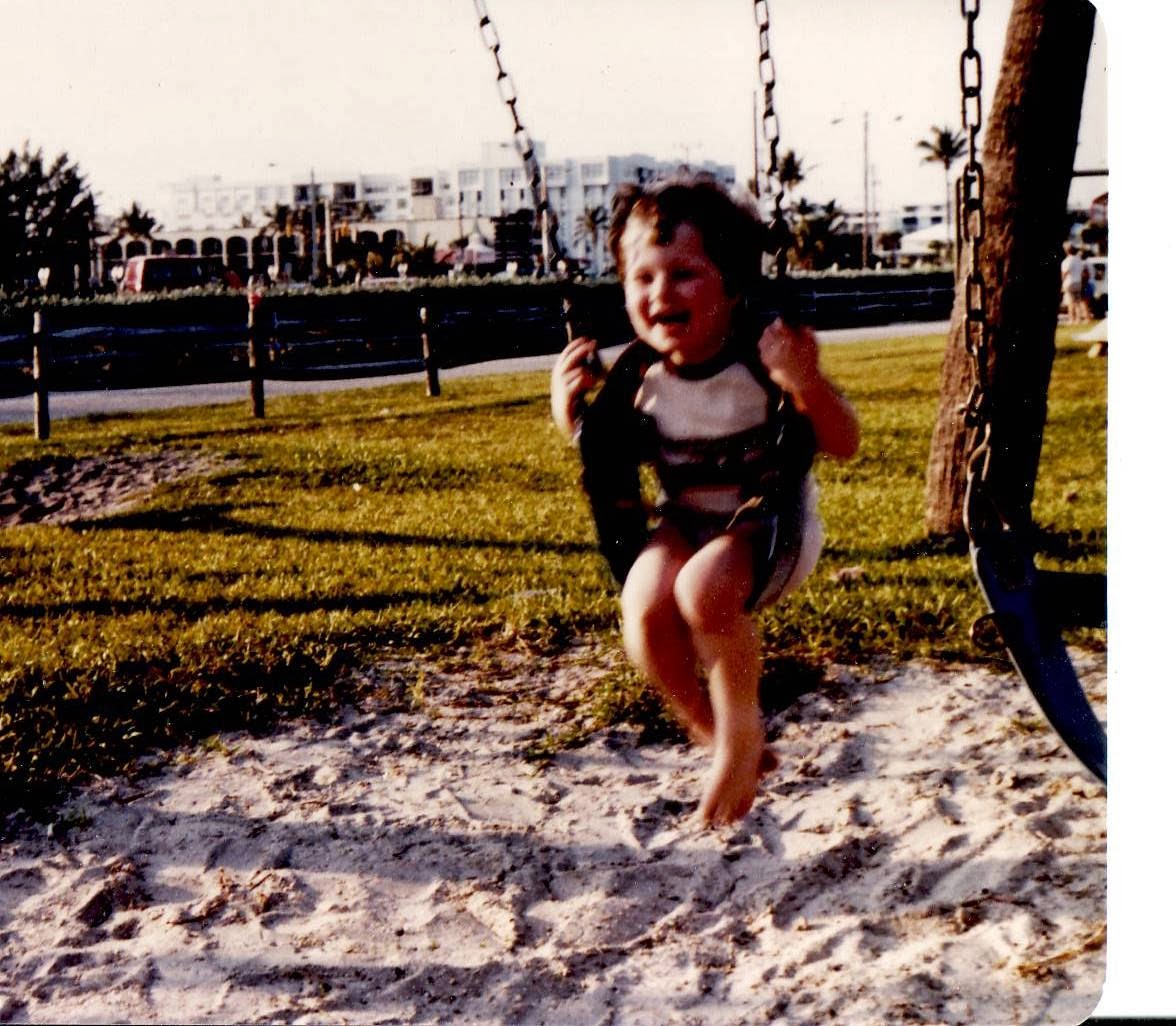In every person there lies hidden, a cry for love. Why hidden? Love’s lacking has built a fortress of defense — a defense which protects the cry. It can be destroyed. It is not eternal, but a human cry — a cry which burros deeper at every resistance, at every abuse — at every un-loving. We don’t deserve love, nevertheless we cry for it; we have squandered it, still, we seek it more. We have accepted lesser forms of love: physical touch, social acceptance, a paycheck. True love beckons from somewhere beyond, somewhere below, the vague within. It’s unexplainable, imponderable, mystical, baffling. The goal of God re-invigorates our souls crying. His aim re-awakens the stifled need. He seeks to un-bury the raw beckoning because He can’t fill an already filled box. But how accomplish this? God withdraws the manifestation of His presence. And the Psalmist bellows out: “Do not hide your face…
Tag: <span>intimacy</span>
“The world? “The world is not interested in us. Today everything is possible, even the crematoria…” His voice broke. Father, I said, “If that is true I don’t want to wait. I’ll run into the electrified barbed wire. That would be easier than a slow death in the flames.” “…everyone around us was weeping. Someone began to recite Kaddish, the prayer for the dead. I don’t know whether, during the history of the Jewish people, men have ever before recited Kaddish for themselves.” “…May His name be celebrated and sanctified…whispered my father.” “For the first time I felt anger rising within me. Why should I sanctify His name? The Almighty, the eternal and terrible master of the universe, chose to be silent. What was there to thank Him for?” One who suffered deeply was Elie Wiesel, so written in his book, “Night.” Men facing the harshest of the harsh bend…
G.E. Pember lists several trends of the end times seen in the days of Noah. Some are these: A tendency to worship God as Elohim, that is, merely as the Creator and the Benefactor, and not as Jehovah, the covenant God of mercy… …disregard for the primal law of marriage. …consequent invention of many devises whereby the hardships of the curse were mitigated… An alliance between the nominal church and the World.. The rejection of the preaching of Enoch and Noah. The appearance on the earth of beings from the principality of the air. Ahem! Has Jesus Christ subtly lost popularity today ? Have folks decided to rightly honor our Great God and Creator, but at the expense of Christ? Have we chosen a wide and safe approach rather than the offensive bloody cross of Christ? If so, we forfeit the heart of God, grieved and angered at sin, now demonstrating…
Bridge on Danube River What is the fellowship of His sufferings? “Something undergone;” and “that which befalls one,” are two ideas for the concept of “suffering.” Obviously a passive occurrence as opposed to active, folks are receivers of suffering, unwanted. “Fellowship” refers to a shared thing. In a sense, Christ shares His victim-hood with us? We share our wounded-hood with Him. We must taste being preyed upon to have this fellowship? — All of the above. “Paul had serious suffering, but as he felt it was to make him a better workman, and so for the good of others, he was content to share it with his Lord. And here we must observe that “sympathy” is the closest fellowship between souls. What is this sympathy? It is fellowship in suffering; it is in distress, in fiery trial, that hearts come nearest to one another.” “The Hebrew children never knew such fellowship in Babylon…
Eph 1:4 According as he hath chosen us in him before the foundation of the world, that we should be holy and without blame before him in love: “Holy and without blame” is more than conduct, but relates here to an identity, a self worth, a dignity and ultimate nobility. “Without blame” defines a self image which does not impute sin or trespasses to itself and this person is blessed as in Psalm 32:1-2. Sin was originally imputed or “reckoned” to the whole human race, from Romans 3, 4 and 5, then the very same sin was transferred onto Jesus in Isaiah 53.6, 1Peter 2:24, and in 2 Corinthians 5:21 He became sin that we would become the righteousness of God in Him. This refers to His righteousness being imputed to us at the point of salvation. Following this? So, “holiness” becomes not an issue of conduct, but a setting-apart…
“What God wants is that we would weep with people when things are being broken in their lives. Often we can understand and identify because we have been through it.” “When these strokes fester into wounds, they paralyze capacities to function in the receptivity of grace and truth. A person who is easily angered in his motions is most likely a very wounded person. His wounds probably are very deep, and he does not know how to regulate his responses. This brings feelings of guilt and defeat. These issues must be resolved by the grace and love of Christ.” Pastor Carl Stevens Sometimes a counselor will ask his client, “Have you made a commitment?” Corrective betterment goes this way, “ I (the counselor) am going to make a commitment to you (the client). “Why is this more good? To answer that question, we must only realize; a commitment remains a mere…
This superstitious woman, within the framework of her very strange and terribly primitive world of ideas, has grasped the mystery of the Savior at a deeper level than most theologians and worldly wise men. She has made Jesus unclean by touching Him. She has thereby saddled Him with her suffering and by this bold touch has made him a companion in her affliction. She has had her life’s burden taken away by him and pulled Him down into her deep misery. Thus with her poor finger she has unwittingly pointed to the mystery of the cross. This woman made Jesus her brother. In so doing, she has made Him into precisely what He wants to be for us. This is why He went to the cross. What she did unwittingly. However, it is actually the miracle of the gospel – that there is no depth in which this Savior will…
In thoughtful reflection, I set aside some time, and contemplated how a friend may have been feeling. I suddenly wondered, does God ever do what I am now doing? Do our thoughts and feelings matter to God? Growing up as a child and then a young man, I don’t remember many times anybody asking me, “Tom, what do you think about this?” “What are your feelings? I remember only a few occasions of someone sincerely saying to me, “how are you doing?” In the Bible, when Jesus met a rich young ruler, it says that He loved him. Yes, though the man did not grasp Jesus’ message, Jesus loved him. When Peter didn’t understand Jesus’ feet washing ministry, Jesus, nevertheless, took time to identify with Peter’s bafflement. Then The Lord explained things. Jesus took the side of and defended an adulterer one day, causing quite a stir. I mused about…
He remains not aloof, but comes close – – – He waits not passively, but initiates – – –He continues not far, but next to me – – – not tomorrow, but now! His Love unrelenting, His presence shadowing – – –His face imposes, His heart exposes, pride non-existing, His transparency shines. His lowliness is obvious, meekness assuring, tenderness alluring, my confidence returning. His authority undaunted, His mercy defends me; His wisdom incalculable, His faith immeasurable. His actions miraculous, His penetration deepens; His power beyond scrutiny, His works accomplished, yes completely! His pardon all erasing, His salvation eternal, His compassion now cleanses, His graciousness never ending. “How deep the Father’s love for us, how vast beyond all measure, that He should give his only Son, to make a wretch his treasure. How great the pain of searing loss, the father turns his face away, as wounds which mar the chosen…
Love – that capacity which enables him to grasp the other human being in his very uniqueness Conscience – that capacity which empowers him to grasp the meaning of a situation in its very uniqueness. Both are intuitive capacities. The uniqueness envisaged by love refers to the unique possibilities the loved person may have – – – the uniqueness envisaged by conscience refers to a unique necessity, to a unique need one may have to meet. Vicktor Frankl Frankl has discovered something very interesting about love. He calls it a capacity or an ability to absorb, finding its fulfillment by tenderly embracing another human being in their very one-of-a-kindness. Frankl goes on to say that this one-of-a-kindness, envisioned by love, refers to the special potentials the loved person may have. We could say then that love always “identifies” with another. Frankel also mentions the conscience. It, too, owns capacity…









